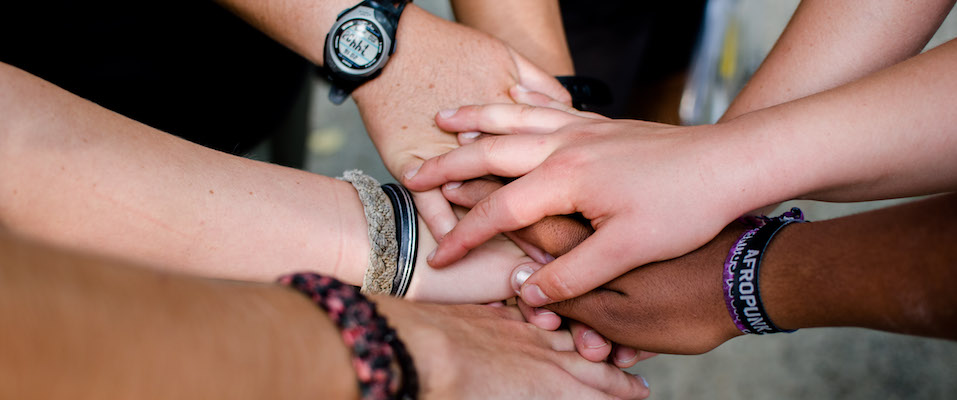Tech-savvy girls with eating disorders are dying to be thin
Typically, anorexics and bulimics are categorized as thin, passive, and isolated. But new research tells a different story, of Internet-savvy women with huge social networks and a dangerous agenda.
For the past year, sociologist Natalie Boer. Ph.D. ’06, has been researching 15 online pro–eating disorder communities. Boero’s work is part of the Digital Youth Research,em project, a joint initiative between Berkeley, USC, and the Monterey Institute for Technology and Education. She has learned that the “new” anorexics, while using the cutesy code names Ana (anorexia) and Mia (bulimia) to disguise their eating disorders from face-to-face friends and Web censors, actually flaunt their body issues online. They egg each other on through competitive point systems and share pictures of painfully thin celebrities as “thinspiration.” Often, they tout mainstream diet techniques: drink plenty of water, eat protein, and get enough sleep. But, says Boero, “seemingly benign messages often get taken to an extreme in these settings.”
What’s more, the “new” anorexic or bulimic might not look sick or weigh an obviously abnormal 80 pounds. Boero says it’s outdated to diagnose anorexics by weight because normal-sized women also engage in this unhealthy behavior. In fact, some are joining pro-Ana and pro-Mia forums to learn dangerous weight-loss tricks such as laxative abuse. Diagnosis, Boero says, should instead focus on the anorexic mindset, often characterized by excessive control. In a typical example, one “Ana” writes on her MySpace profile, “Try and starve yourself for even a day! Then you will truly feel how bad we want this!”
There is nothing new about pro-Ana and pro-Mia websites. When they first appeared in the late ’90s, Internet providers such as Yahoo! shut them down, only to find dozens more popping up to fill the void. But the prevalence of social networking sites has made pro-Ana and pro-Mia sites seem respectable—just another hobby site—and made it that much easier for troubled girls to get connected.
Clearly the traditional treatment—a doctor’s order to gain weight—is not enough. Boero suggests using technology to counter technology. The website bodypositive.com, run by psychologist Dr. Debora Burgard, teaches healthy body image. “We all live in this culture that’s obsessed with dieting and beauty ideals that offer girls a limited pathway to self-worth,” says Boero, “and we can’t parent outside a culture.”




















